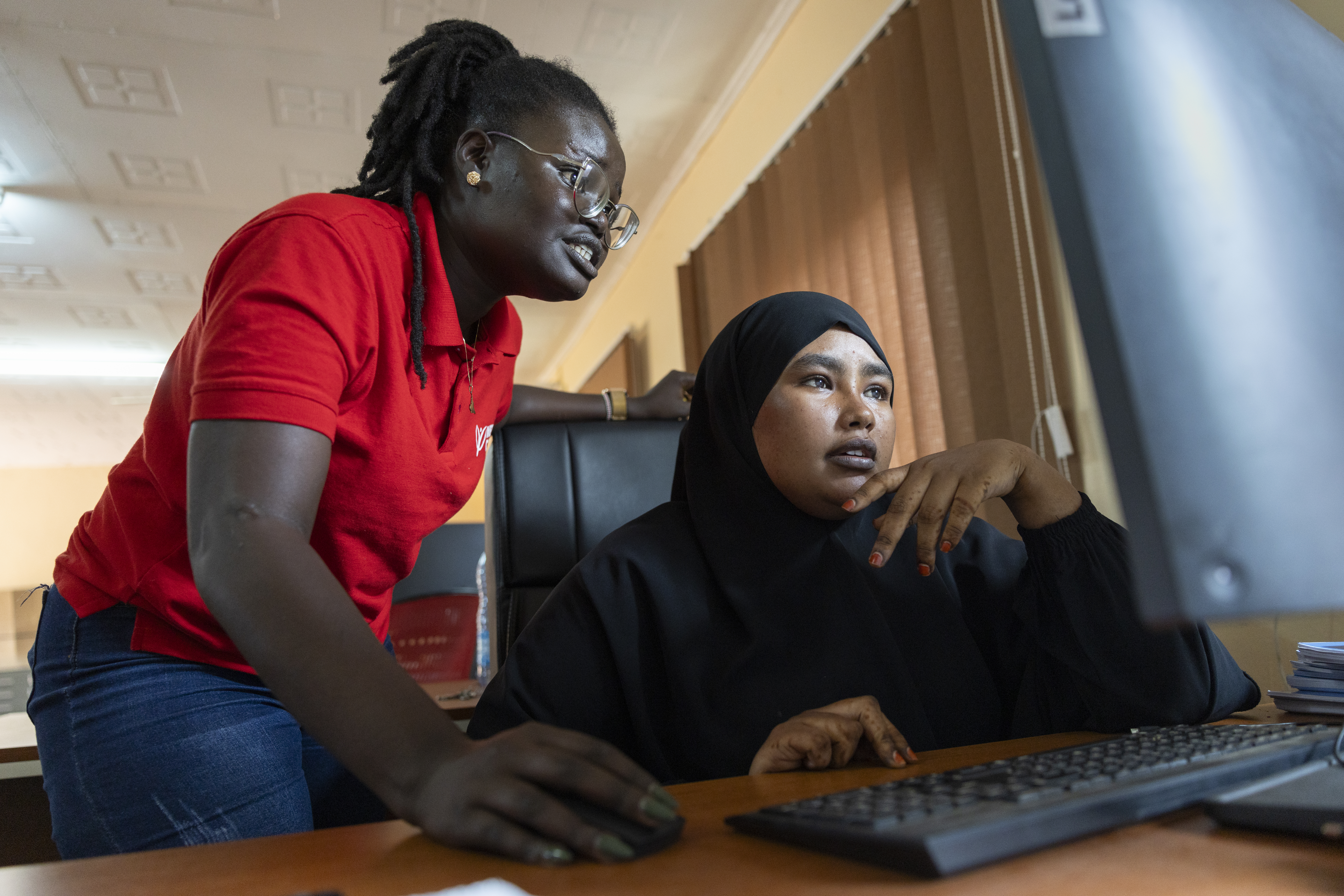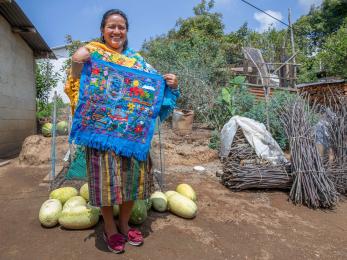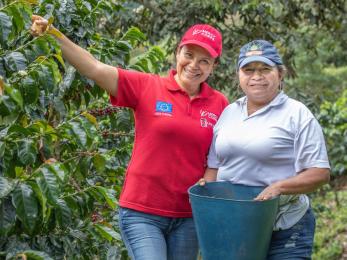Making dough: How a small business owner is breaking gender norms
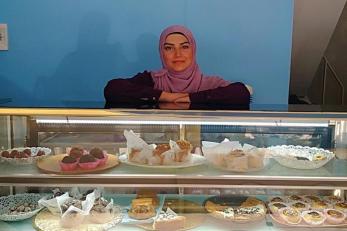
On a bustling street in the east of Tripoli, Lebanon, customers who enter Safa Masri’s bake shop are greeted with the sweet smell of desserts. Cake pops, cookies, cupcakes, and Safa’s specialty cinnamon rolls sit behind the clear glass of the display case. Prior to opening the bakery, Safa had been known in her neighbourhood for making the cinnamon pastry topped with vanilla glaze. There had even been a friendly competition among the neighbours to see who could make the best cinnamon rolls, where Safa received feedback to perfect her recipe and she taught her neighbours her own baking tips.


It was her love of baking combined with a desire to set an example for her daughters that drove Safa to open a shop named after the cinnamon rolls that her daughters can’t get enough of—The Cinnarolls. The bakery has been a labour of love that comes through with each sweet treat. While Safa stands as a strong role model as a female business owner for her five daughters and the community around her, it wasn’t long ago that her bakery was a distant dream.
As a stay-at-home mother, Safa felt disapproval from her community due to not having any sons. It was this criticism that drove Safa to seek work outside of her home and set an example for her daughters to aim higher than societal norms. “The only source of motivation was the encouragement and support of my daughters,” said Safa.
According to the World Bank, women make up only 26% of the workforce in Lebanon and about 10% of small businesses are owned or co-owned by women. In addition to a lack of women workers and entrepreneurs, Lebanon’s economy has been deeply impacted by ongoing conflict, political uncertainty, and rising inflation. Safa’s journey toward starting her own business had been difficult due to many factors that affect entrepreneurs during an economic crisis, like being unable to access funding, but Safa also faced scrutiny as a woman. Social and economic pressures force women to quit work after marriage to take on childcare responsibilities and the gender wage gap pushes women out of earning their own livelihoods. “It was very challenging in the beginning, especially since I am a woman business-owner in a very conservative area,” said Safa.
She enrolled in courses offered by community organisations and opened The Cinnarolls with the skills she learnt and donated equipment. Safa received criticism for daring to earn a living on her own, especially since she enlisted the help of her daughters in running her business. Some men in her community tried to intimidate her by parking their cars directly in front of her shop and blocking the entrance. On top of all this, she was raising her daughters, who also helped her to look after Safa’s father who suffered from Alzheimer’s. She struggled with the growing pains of starting a new business amid a strained economy. It was during this difficult period that Safa participated in our 3amaly programme, with the mission to improve livelihood opportunities for women and young people. Our programme provides skills training for job-seekers and directly supports small business owners to grow and hire more workers.
Seeing how people’s perceptions changed over time, and the praise my daughters and I received from within our community, is so empowering.
Safa Masri, Small Business Owner
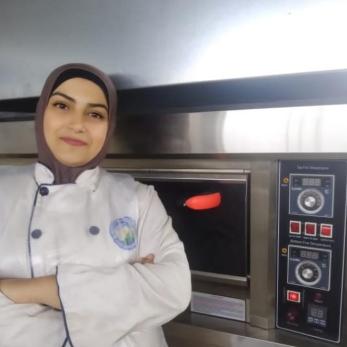
Through our programme, Safa took part in food handling, business, and marketing trainings and received supplies and equipment like a dough mixer. The Cinnarolls brought in new customers with improved recipes and marketing and she was able to hire three new employees. She slowly gained the trust of her community and her critics became her customers. Some women approached her for advice and she referred them to training programmes like the one she participated in with us. “Of all the courses I had previously attended, 3amaly’s was one of the most comprehensive and detailed,” said Safa. “The quality of trainers was exceptional. I still keep in touch with the trainers who are more than happy to answer any questions I may have.”
As a graduate of the 3amaly programme, Safa took the opportunity to volunteer as a peer mentor for participants who are starting out. By mentoring, she connects with women who are on the same path as she is and can offer advice on career development as well as moral and emotional encouragement. “Safa is the one that pushed me to have my own mini market and guided me to have it all done,” said Khadija Zoghbi, an 3amaly participant and Safa’s mentee. “She is an inspiration! Especially on how she had her business while raising her daughters in these hard times. I learnt a lot from her experience and how not to give up on your dreams and ambitions no matter what.”

